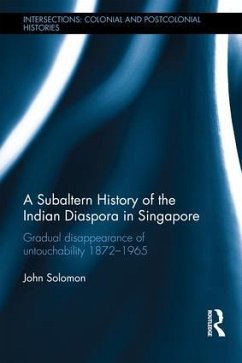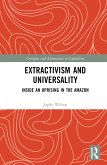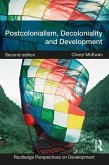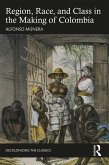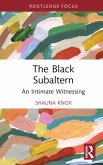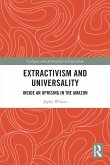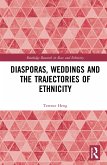"Untouchable migrants made up a significant proportion of Indian labour migration into Singapore in the 19th and 20th centuries. During this period, they were subject to forms of caste prejudice that powerfully reinforced their identities as untouchablesoverseas. Today, however, untouchability has disappeared from the public sphere, replaced by other notions of identity, leaving unanswered questions as to how and when this occurred. This book takes this 'disappearance' as a starting point to examine a history of untouchable migration and identity negotiation amongst Indians who arrived in Singapore between its modern founding as a British colony in the early 1800s through to its independence in 1965. It argues that practices of untouchability evolved inclose relation to the growth of translocal solidarities amongst migrants, their responses to life overseas in a plural colony, and the spread of transnational ideologies and movements. Untouchable identity was negotiated in relation to the development ofcompeting Indian and Tamil identity discourses in Singapore during the colonial period, the Japanese occupation of Malaya and the post-war period of decolonisation. Addressing the broader cultural impact of South Asian migration into polyglot societies in Southeast Asia and the negotiation of diasporic consciousness amongst heterogeneous migrant groups, the book also deals with historiographical themes such as the overcoming of subaltern 'silence' in the historical archive and the role of quotidian histories in national history narratives. It is of interest to academics researching Singaporean, South Asian and Southeast Asian history"--Provided by publisher.
Hinweis: Dieser Artikel kann nur an eine deutsche Lieferadresse ausgeliefert werden.
Hinweis: Dieser Artikel kann nur an eine deutsche Lieferadresse ausgeliefert werden.

